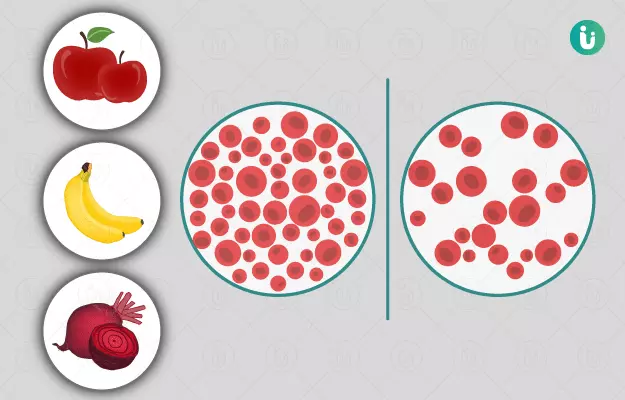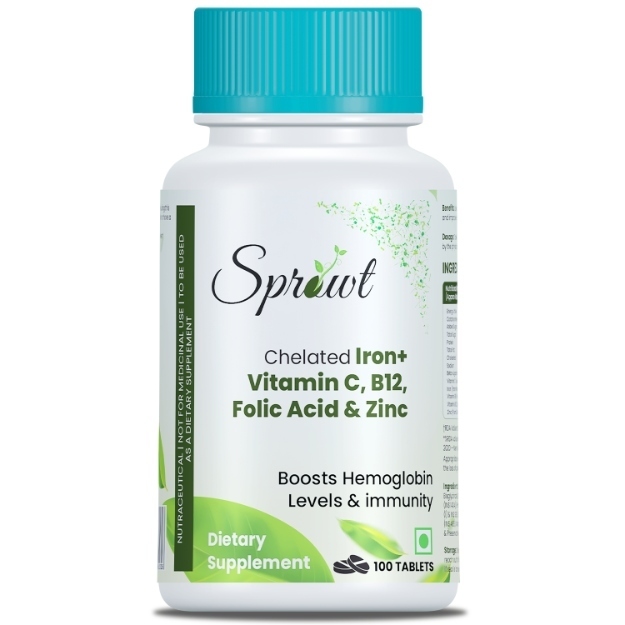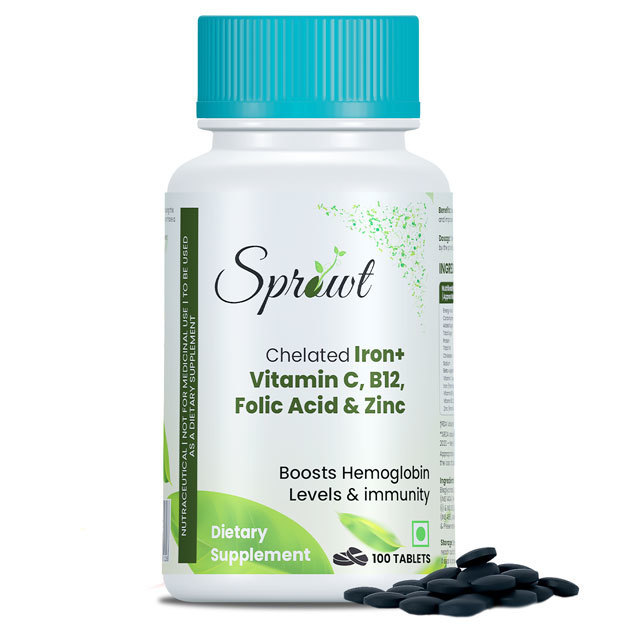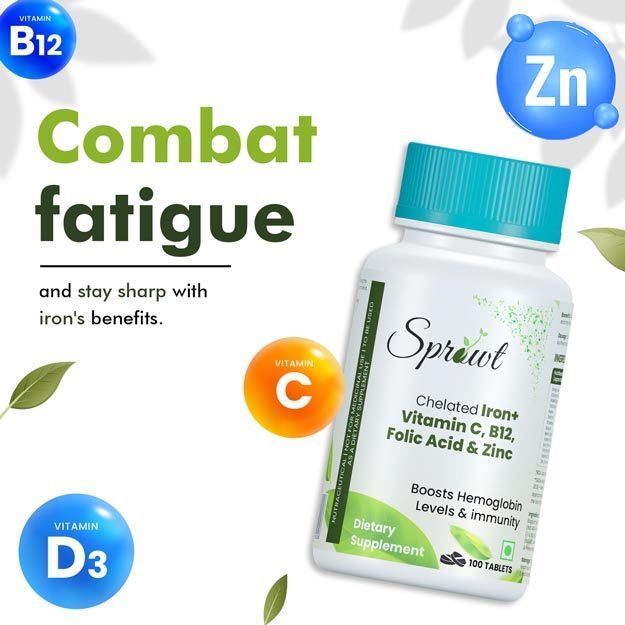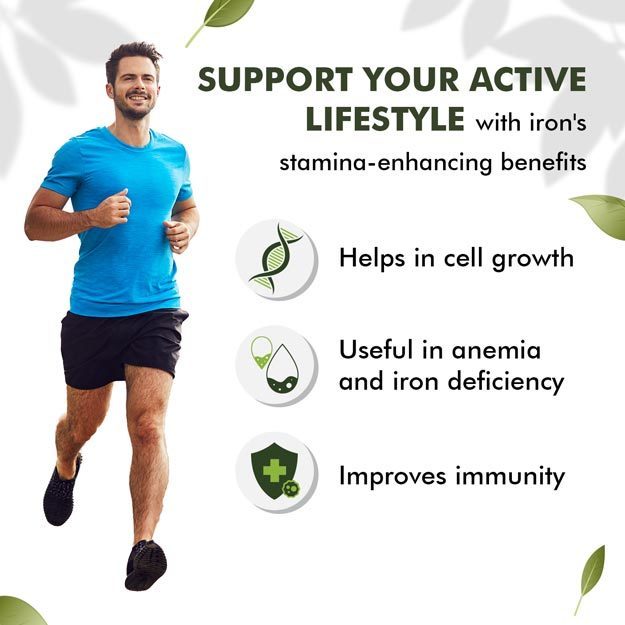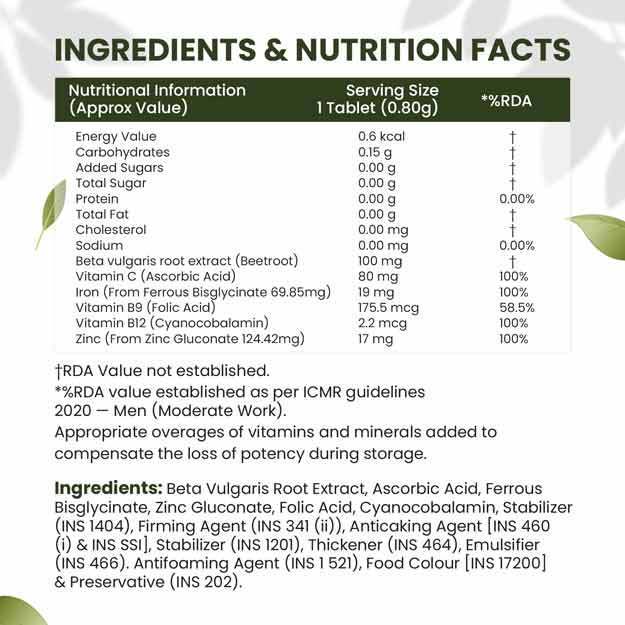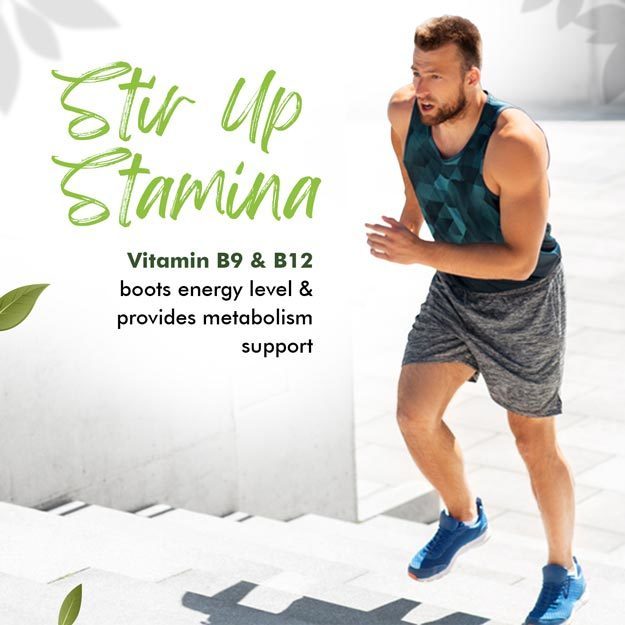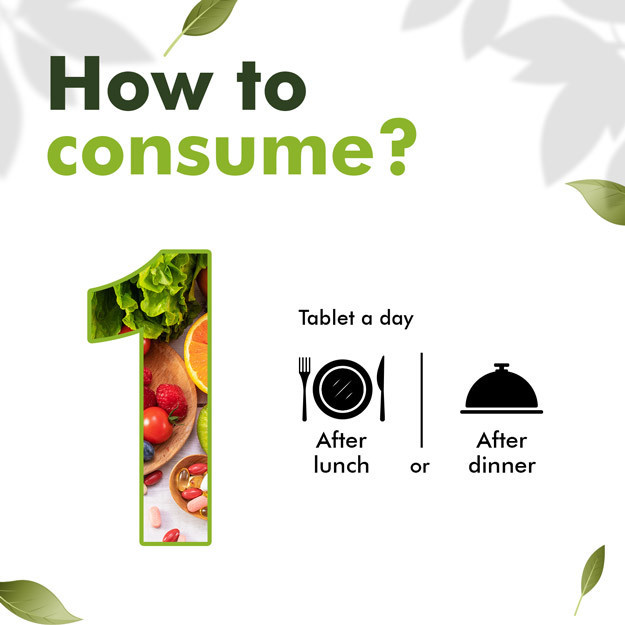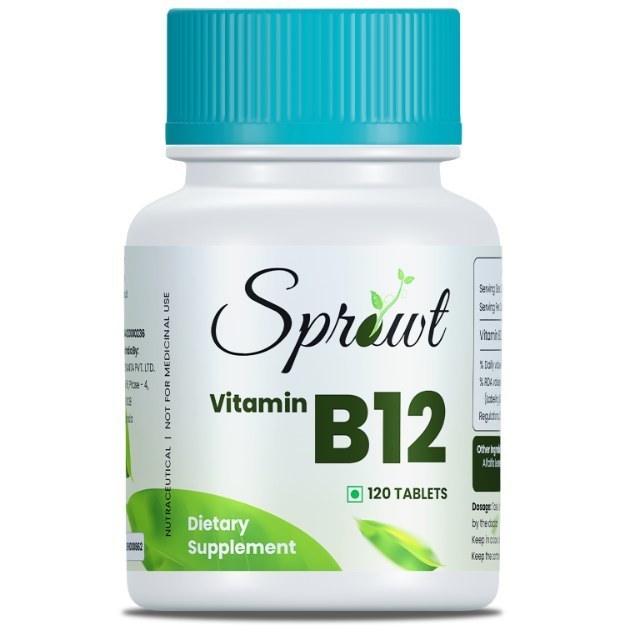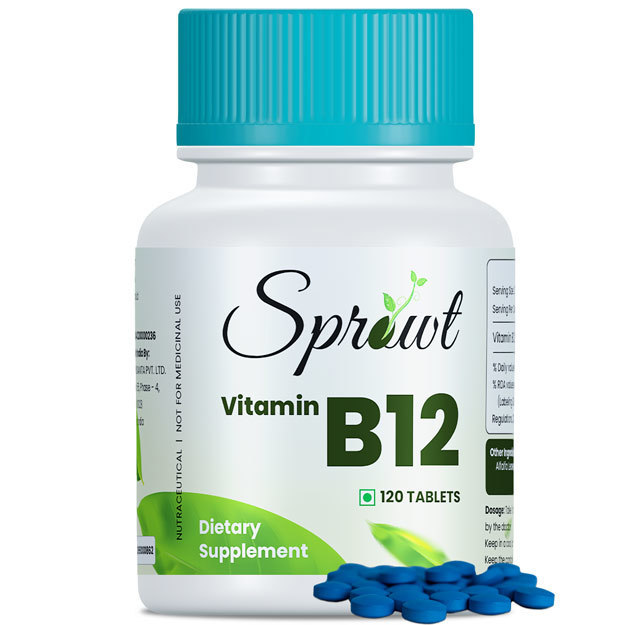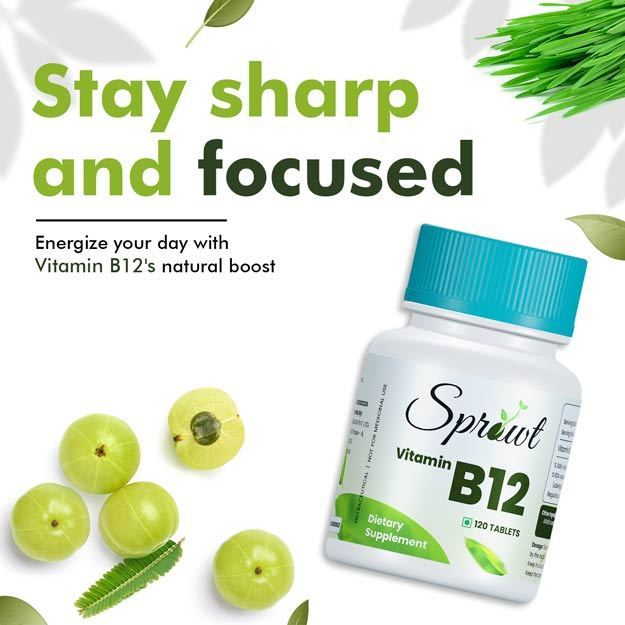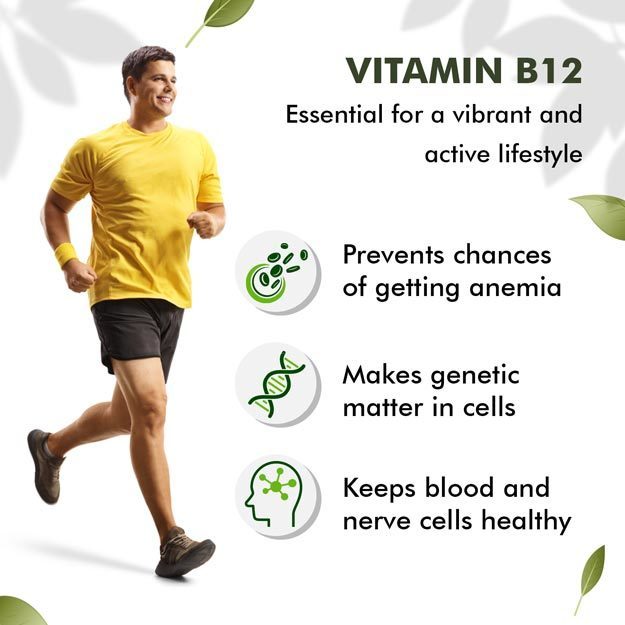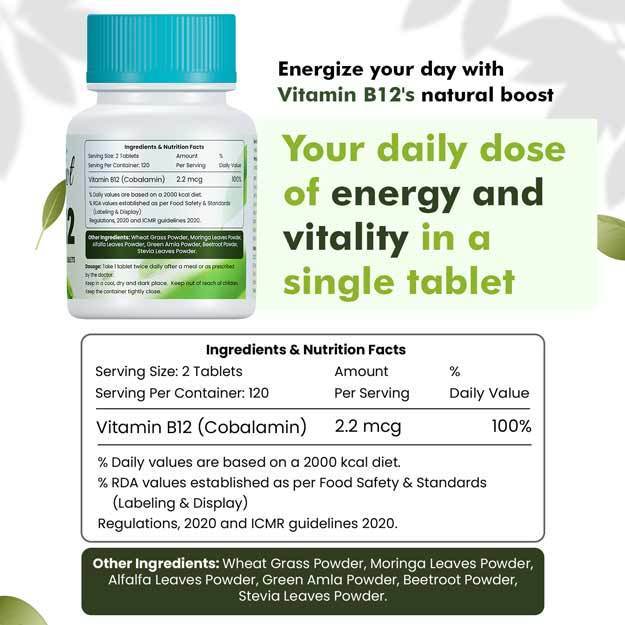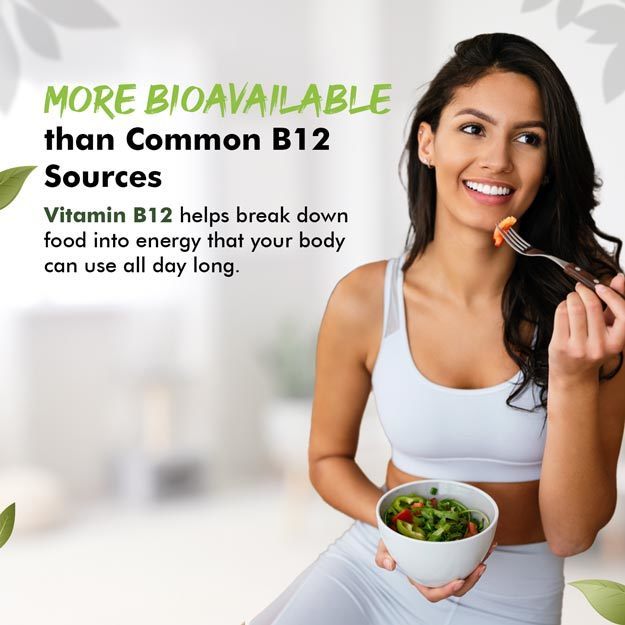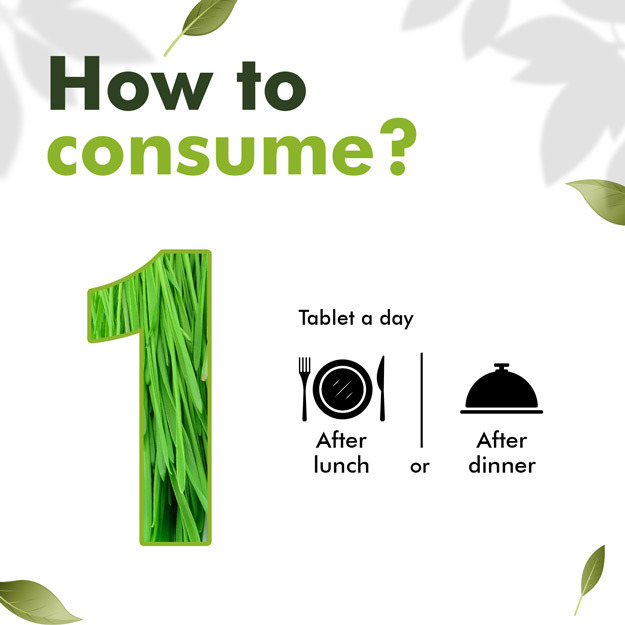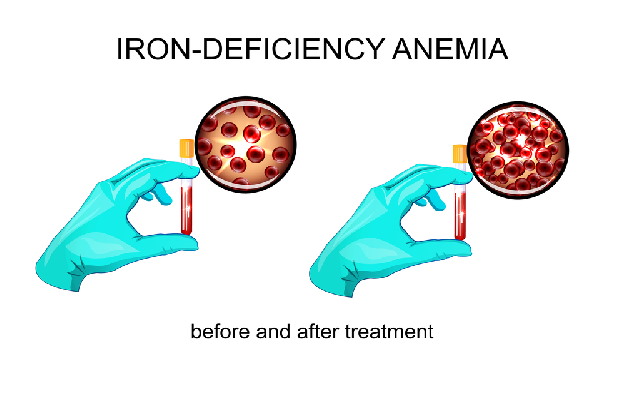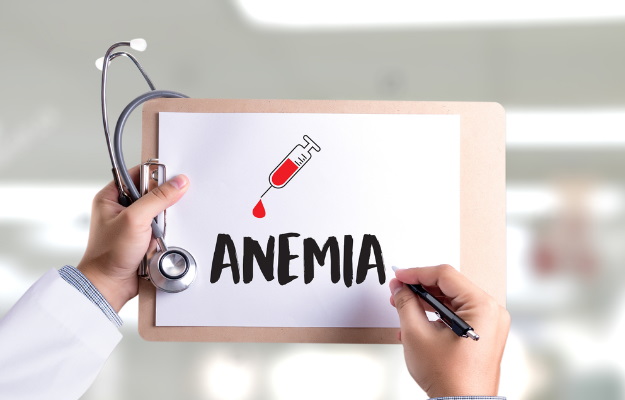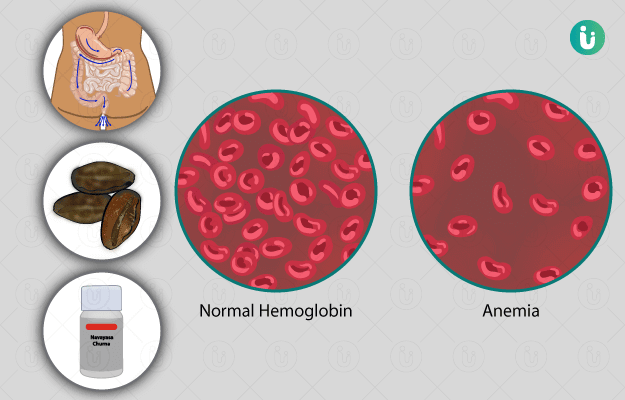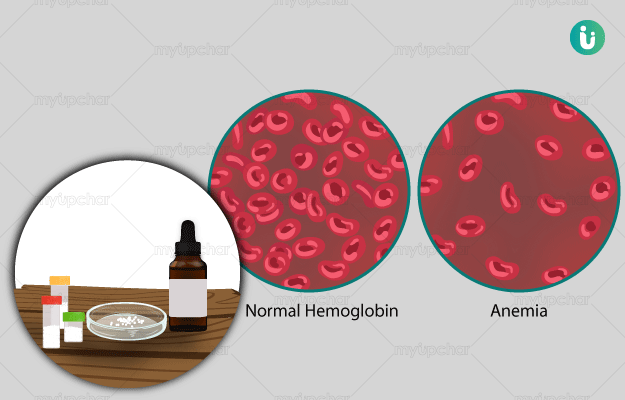Red blood cells are something everybody has in common, and it doesn’t matter who you are, how old you are and where you live. These red blood cells, also known as erythrocytes, are the primary reason why every human being is able to survive and function. Your RBCs have the most important job description of all the cells in your body: to carry oxygen from the lungs to every other tissue, cell and muscle in the body.
So, if there is an issue with your red blood cells, your entire body and the immune system it depends on will be compromised. And that’s just what happens to a patient suffering from anaemia. Simply defined as the decline or decrease in the haemoglobin levels or the red blood cells in the blood to levels below the optimal levels needed for the body to function, anaemia can occur at any time of life.
Read more: What to eat and what not to eat during anaemia
There are many types of anaemia, from sickle cell anaemia and aplastic anaemia to iron deficiency anaemia and megaloblastic anaemia. The most common type of anaemia is iron deficiency anaemia, sickle cell anaemia is mostly inherited, but anaemia is a disease that can occur at any point of your life if you do not have adequate nutritional intake of all the nutrients needed to produce enough RBCs.
These nutrients include iron, protein, folate, vitamin A, vitamin C, vitamin B complex and copper. If you do have anaemia, your doctor might suggest that you take iron supplements and other medications to improve your haemoglobin levels. However, the easiest way to get your RBC levels to get back to normal is by some simple home remedies. These home remedies can be easily adopted, because all you need to do is cook and eat foods rich in all the nutrients needed to create RBCs. The following are the most effective home remedies you can use to cure anaemia.

